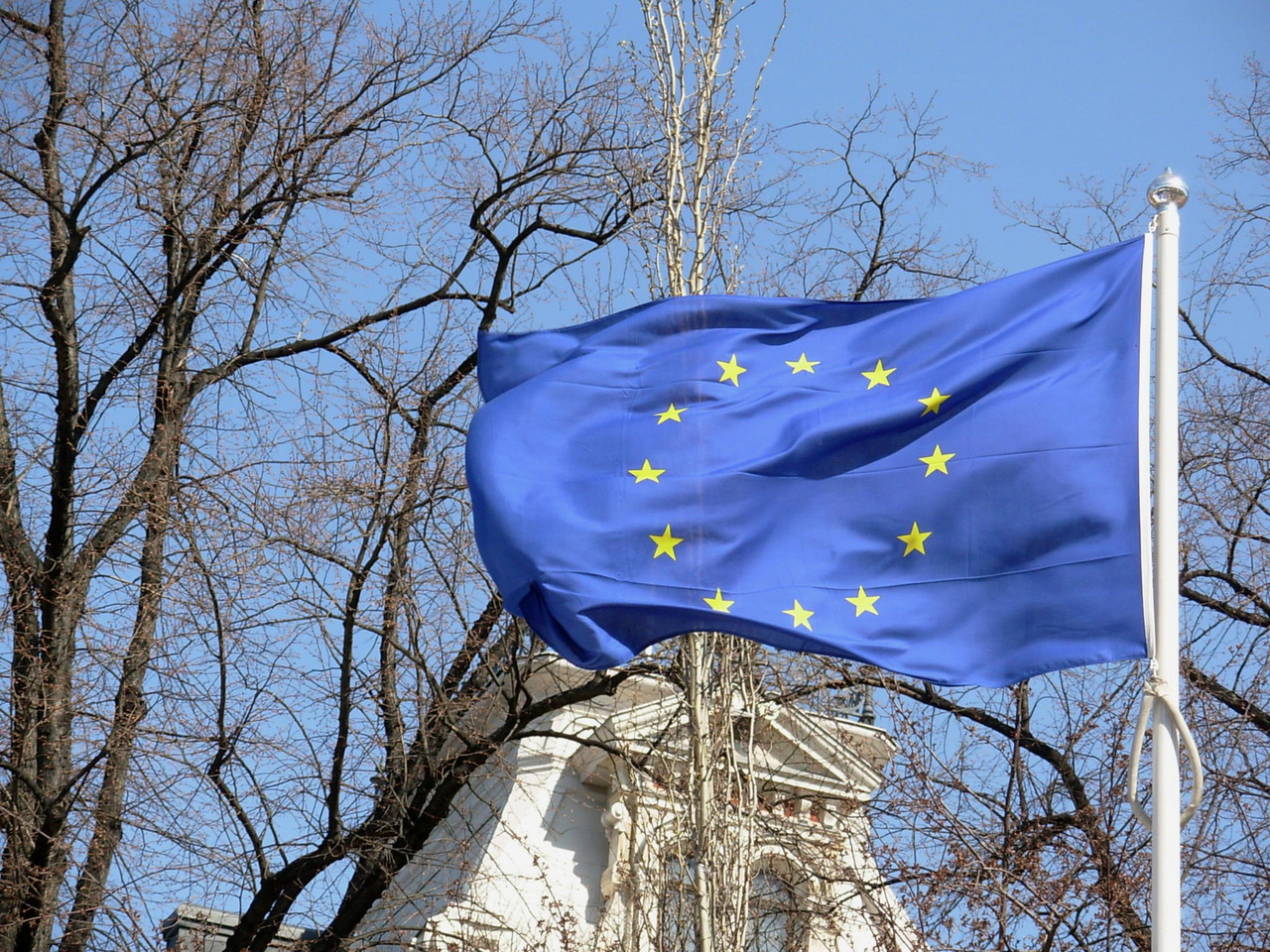There is a general sense that our political institutions are experiencing a crisis of trust. Only recently, the Luxembourg tax scandal – under Jean-Claude Juncker the country signed secret tax deals with 350 international companies – caused a public outcry. Indirectly related to this crisis are the many transparency provisions with which the European Union seeks to achieve legitimacy in the eyes of its citizens. Can a lack of trust be remedied with a large dose of openness?
Against the backdrop of such political scandals, an ever-declining election turn-out, and even quasi-authoritative calls to abstain from voting, one of today’s big questions is how to restore trust in our political representatives and the offices they occupy.
Clarion calls for more transparency abound. Indeed, the principle of transparency has gained much appeal and not only for above-mentioned reasons. A predominantly regulatory body with no distributive powers, the EU has officially enshrined the principle in the Laeken Declaration on the Future of Europe.
Because decision-making in the EU differs greatly from that of nation states and classical liberal democracies – there is no clear division of powers, no central place and focal point, no political-ideological opposition – and because public-private decision-making is a continuous process in which increasingly expert committees and NGOs are consulted, the principle of transparency shall complement that of legality.
Not only does transparency fulfil a crucial role in those policy making processes where the principle of legality is out of reach, it also seems to naturally fit in with the Zeitgeist of the information age and the birth of the Internet.
And there is nothing to object to transparency for example in the fight against corruption or aggressive tax planning. The EU Commission’s Tax Transparency Package, which obliges member states to inform each other of their national tax rulings, is long overdue. Since it has no power to collect taxes so as to distribute wealth, all the EU can do is enforce information exchange.
So what’s not to like about “transparency”?
Firstly, it may be employed as ex-post and rhetorical device to pre-empt any further criticism against a system of tax evasion. Member of the European Parliament Fabio De Masi maintains: “The Commission Tax Transparency Package is a farce in light of the massive scale of tax evasion and avoidance in the EU. Tax dodging multinationals are still being protected by national governments and the EU establishment […] The label ‘transparency package’ is particularly nonsensical as information will not be shared outside tax authorities.”
And there is a second questionable aspect which we can call the ideology of transparency. It entails the quixotic belief that the sharing of information alone will restore trust in our political institutions.
Trust exists where there are unknowns. On an individual level unknowns are essential to a relationship, Freud knew. On a social level trust is the lubricant of society, the economist Kenneth Arrow once said. I trust someone precisely because I don’t and cannot know all there is to know. What I expect is honesty, sincerity and the possibility of holding authorities to account.
In this view transparency may undermine trust, which is always embodied, even more. Do you trust Juncker to take charge of affairs?
So, before we blindly accede, we need to be clear about what exactly transparency should and can do for us. Its positive connotation and rhetoric, paired with the proliferation of control mechanisms – what, when and how to enforce openness, – may simply serve to withhold the intrusion of politics into the antiseptic affairs of the Union. In fact, the ideology of transparency would lack the negativity to question any system, avers the German philosopher Byung-Chul Han. In the spirit of the age, it omits the option of a hate button.














Leave a Comment
Your email address will not be published. Required fields are marked with *